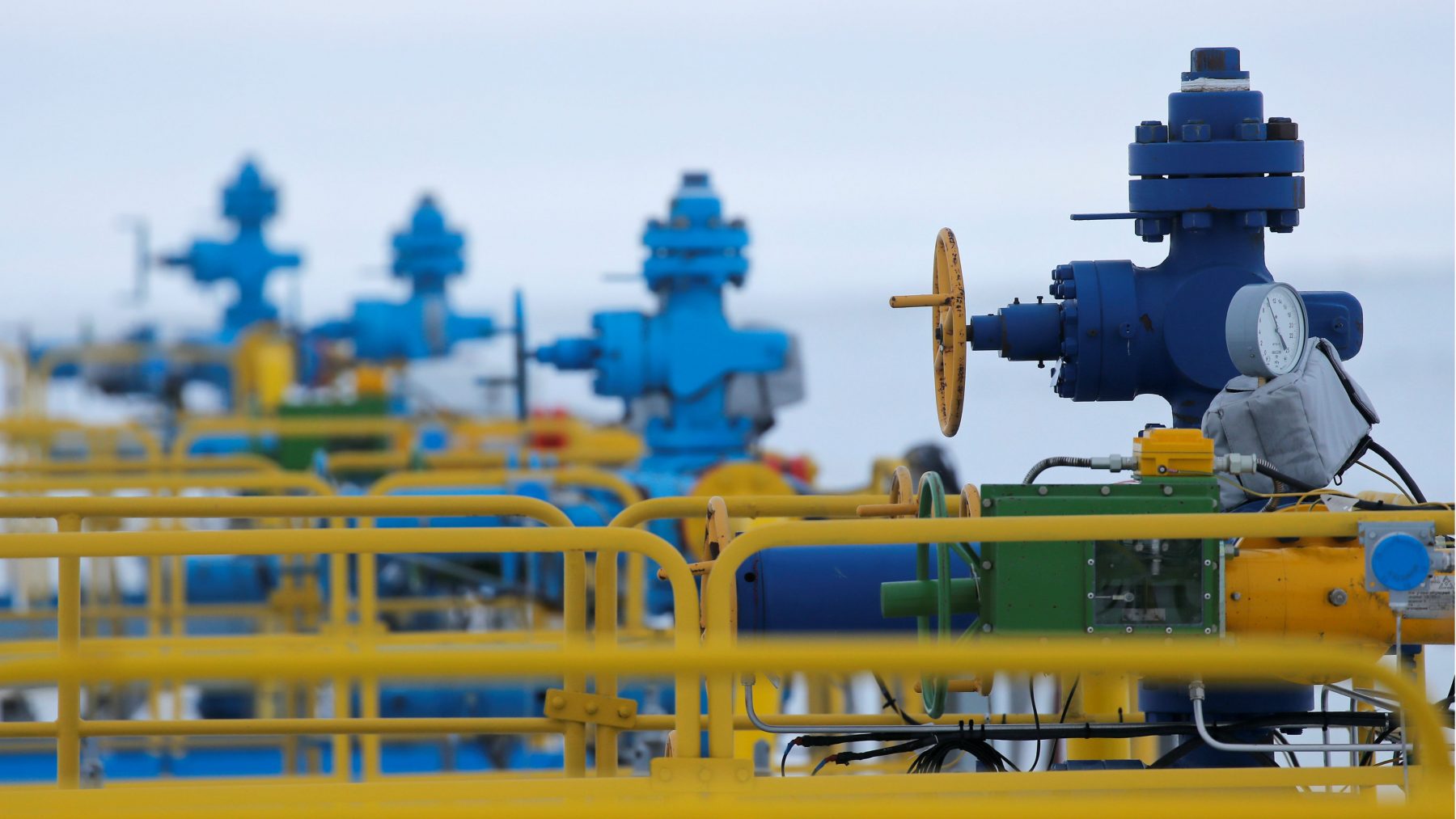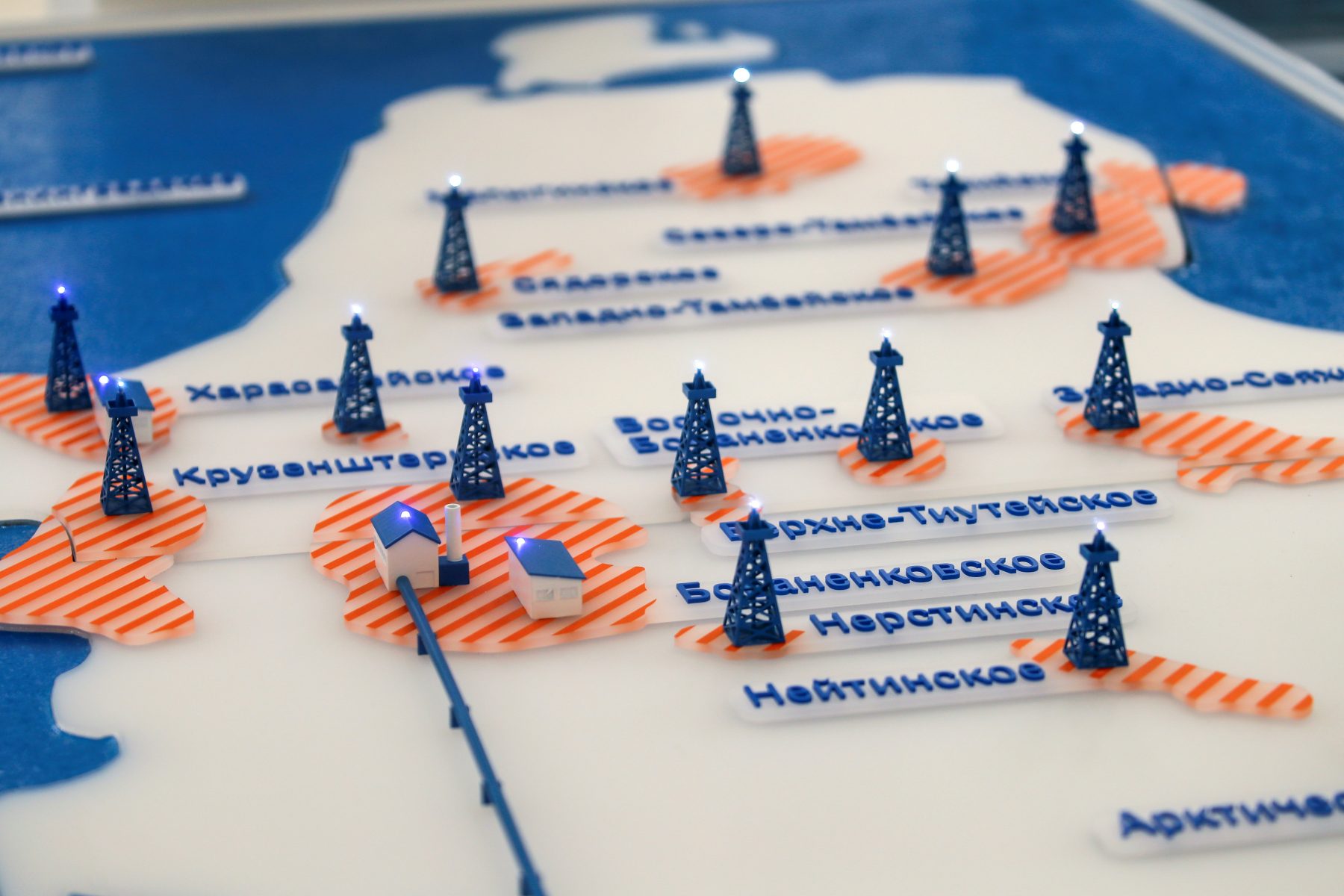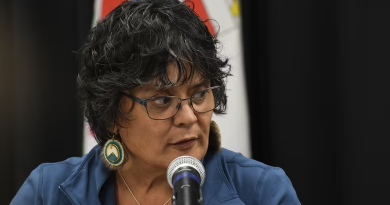Russia’s Gazprom cuts spending, creates subsidiary focused on geological survey

The Russian natural gas company cuts investments in mineral exploration by 10 billion rubles and announces the establishment of a new major subsidiary on geological survey.
The new subsidiary company is named Gazprom Nedra and will manage the powerful company’s mapping of mineral resources. It will be headed by long-serving board member and company director Vsevolod Cherepanov, newspaper RBC reports with reference to sources in the company.
The establishment of the subsidiary unit comes as Gazprom is in the process of making significant cuts in its mineral exploration activities. According to RBC, the company in 2019 reduces its spending on geological mapping by 10 billion rubles (€137 million).
Gazprom and its new subsidiary will this year have a total of 77 billion rubles (€1,05 billion) available for search of new resources. A key part of the sum will be spent in Arctic waters.
The Russian state-controlled company has vast resources at its disposal, but new major natural gas discoveries are increasingly located in remote and inaccessible places without existing infrastructure.
In 2017, the company found major resources in the Leningradskoye field, a structure located in the Kara Sea. And in 2018, additional significant volumes were found in the nearby fields of Rusanovskoye and Nyarmeyskoye.

The accumulated volumes of the three fields in the Kara Sea amount to more than 2 trillion cubic meters. Drilling was conducted by Chinese rig Nan Hai Ba Hao.
According to Gazprom, the new Arctic offshore fields constitute the company’s most significant discoveries. In 2018, a total of 796,6 billion cubic meters of natural gas was added to the company’s list of reserves, and the Leningradskoye field accounted for the overwhelming part of that volume.
A total of 25 wells were drilled by the company that year and three new fields and 12 prospective structures found. Up to 5,700 km 2D seismic mapping and 9,500 square km of 3D mapping was conducted, the company informs.
Arctic exploration strains Gazprom budget
However, the burden related to the remote activities in the Arctic is huge and costs are straining the company. Gazprom holds a big number of licenses in Arctic waters and license obligations are significant.
The company earlier this year reportedly requested the federal government for an extension of the time frame for exploration of the license areas from the current 10 years to 20 years. According to RBC, the company in March this year sent a letter to the Ministry of Natural Resources about the issue.
Because of western sanctions, there are not sufficient drilling rigs available to do the exploration drilling, Gazprom explains in the letter.
The ministry might not grant that extension. In an interview, Minister Dmitry Kobylkin makes clear that he “is not fond of such kind of extensions.”
Related stories from around the North:
Canada: Premier of Northern Canadian territory frustrated by slow oil and gas development, CBC News
Finland: The world could transition entirely to cheap, safe renewable energy before 2050: Finnish study, Yle News
Norway: Unfazed by youth climate protests, Norwegian gov expands Arctic drilling, The Independent Barents Observer
Russia: Novatek announces third LNG project in Arctic Russia, The Independent Barents Observer
Sweden: Sweden reluctantly greenlights construction of Nord Stream 2 gas pipeline, Radio Sweden
United States: Democrats continue fight against drilling in Arctic wildlife refuge in U.S. Congress, Alaska Public Media



